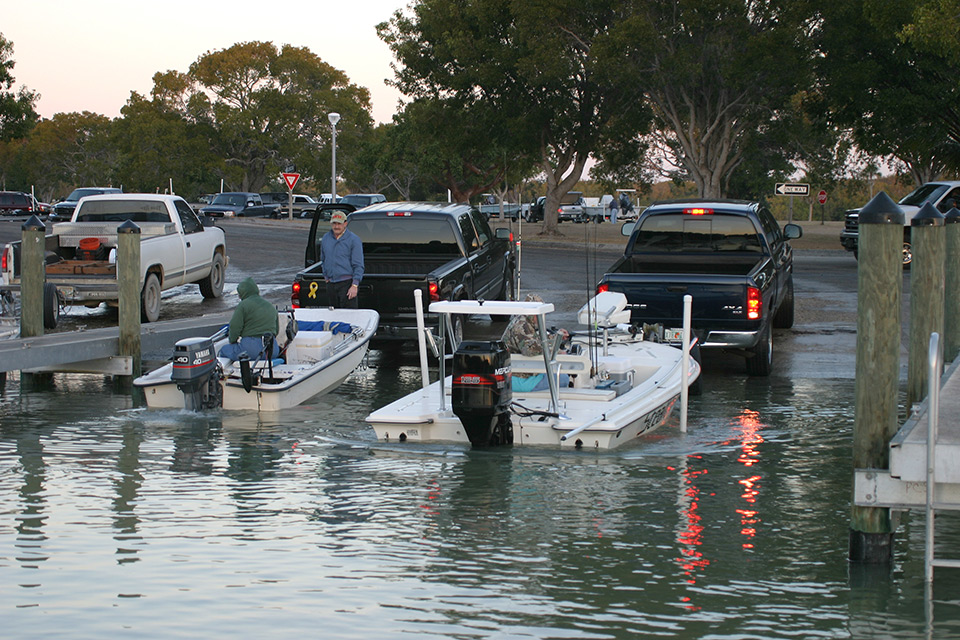As I write this post, it is a holiday weekend and I am reminded of an experience I used to enjoy when we had a sailboat moored near a local marina with a view of the boat ramp.
We would spend countless hours on busy weekends sipping cocktails and watching people attempt to back their boats down the boat ramp. The most amusing were the people who made numerous attempts trying to back their presumably new boats down the ramp.
With dozens of spectator’s eyes on them, you could see many of them getting more and more frustrated with each attempt and even lashing out at family members. While it was an entertaining pastime on a busy weekend, there is a lesson about impression management and physiological arousal that bears explaining.
As human beings, we are genetically predisposed to become physiologically aroused to improve performance. When we are physiologically aroused, our heart rate increases. This increases our blood flow and allows us to perform many tasks better.

Imagine you are running a race. As you to approach the finish line, you can hear the crowd. You know everyone’s eyes are looking at you. From somewhere deep inside where you thought you had no more reserved energy, you somehow are able to get a final surge of get-up-and-go. You sprint to the finish line. That is the positive side of physiological arousal.
Unfortunately, physiological arousal, while instinctually allowing us to perform better in more manual or physical tasks, can be quite detrimental when it comes to more cognitive and difficult tasks.
In part, the problem with physiological arousal when it comes to more complex cognitive tasks is related to impression management. When we perform a complex task or an unfamiliar one in front of many eyes, it produces performance anxiety that draws cognitive energy away from the task at hand.

Do you remember when you were learning how to drive a car and were asked to parallel park? You knew that you were not alone in the car and that there were pedestrians whose attention you would command if and when you screwed up. Perceiving that there were many eyes watching and judging you is very likely the reason that you made several ill attempts at parallel parking.
Been concerned about how others perceive us takes attention away from the actual task at hand. We want to look good in the eyes of others so we try even harder. Trying harder actually increases our physiological arousal and we begin to think “What are they thinking?” and “Are they judging me?” These questions make us feel threatened and more anxious. We began to worry about failing or doing badly. Our internal monologue begins to question our ability to succeed and all that contributes to our overall poor performance.
Therefore, when it comes to cognitive complex tasks, it is better to practice them until they become routine in environments that minimize performance anxiety.
So, while impression management can make us do simple tasks much better, it is not the same when we need to perform more complex tasks.
Understanding when physiological arousal can improve your personal performance or how to change or control the conditions when it proves detrimental to your performance is paramount to your success.
How can you use your understanding of physiological arousal to aid in your success or use it as a weapon to keep a competitor distracted and off balance?












